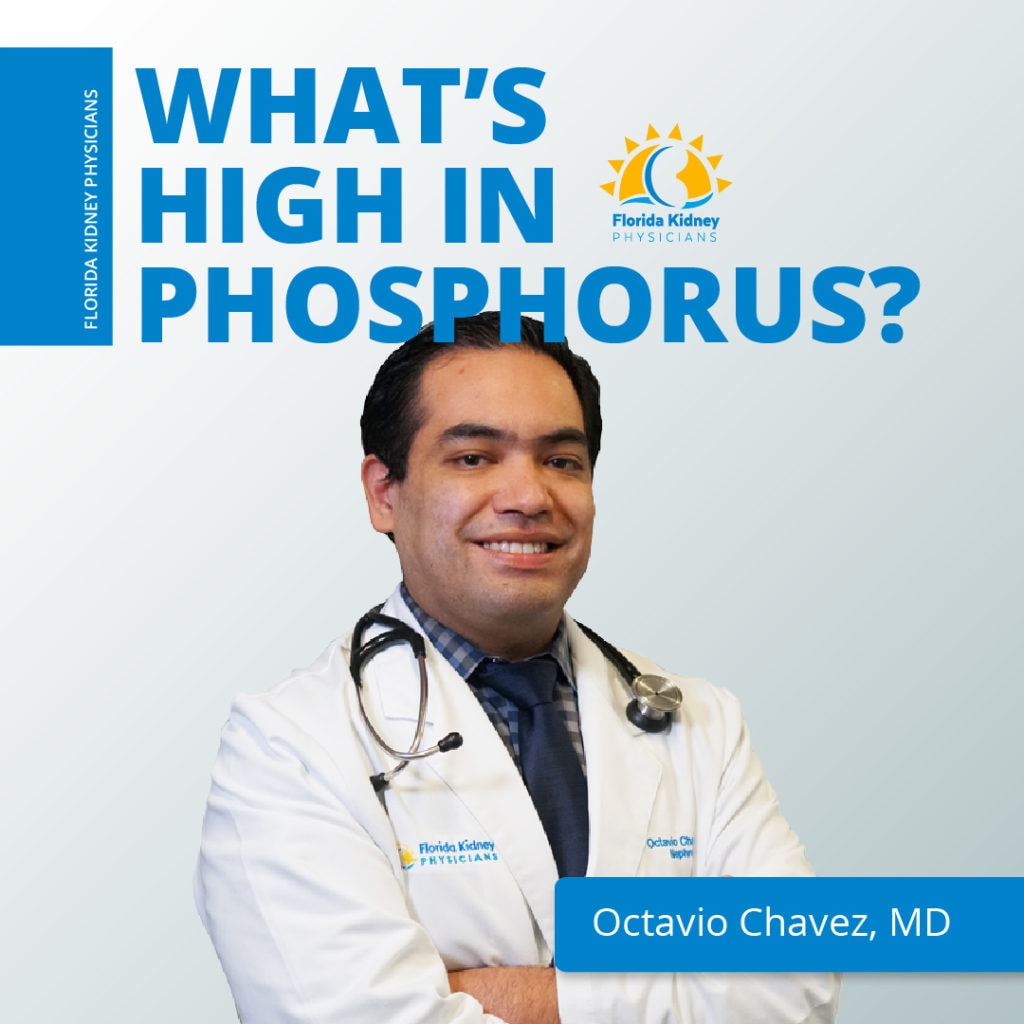Phosphorus, an essential mineral, is naturally present in many foods and available as a dietary supplement.
The kidneys, bones, and intestines regulate phosphorus homeostasis, which requires maintenance of urinary losses at equivalent levels to net phosphorus absorption and ensuring that equal amounts of phosphorus are deposited and resorbed from the bone.
Several hormones, including estrogen and adrenaline, also affect phosphorus homeostasis. When kidney function declines, as in chronic kidney failure, the body cannot excrete phosphate efficiently, and serum levels rise.
High phosphorus foods
If you have chronic kidney disease, you need to know: What’s high in phosphorus? It can be found in many foods but is especially high in animal proteins, dairy products, nuts and seeds, whole grains, and legumes. Let’s start with a basic list of high phosphorus foods to avoid or limit:
-Dairy foods
-Beans
-Lentils
-Nuts
-Bran cereals
-Oatmeal
-Colas and other drinks with phosphate additives
-Some bottled ice tea
Some foods may also contain phosphate additives that could add up to 1000 mg/day of phosphorus to your diet. Since you have likely been asked by your doctor to limit your phosphorous to 800-1000mg/day, these are additives you should be aware of. Some foods that contain these additives are:
-Processed meats
-Instant puddings and sauces
-Spreadable cheeses
-Beverage products
It’s important to read the label of every item you pick up in the grocery store and look for ingredients with “phosphate” or “phos” in their names, such as phosphoric acid, sodium aluminum phosphate, pyrophosphate, polyphosphates, and calcium phosphate. When you find them, avoid or limit those foods.
So, what can you include in the diet?
Here are some Lower-Phosphorus Alternatives you could Choose:
-Fresh fruits and vegetables
-Rice milk, unenriched
-Bread
-Pasta
-Rice
-Fish
-Corn and rice cereals
-Soda without phosphate additives
-Home-brewed ice tea
Your nephrologist next to a dietitian experienced in managing a kidney disease diet can help. Talk to your doctor before following any of the information above.
In partnership with your health care team, help control the effects of your kidney disease. A healthy, balanced diet with careful attention to phosphorus intake can help you do that.
You can also enjoy our Kidney-Friendly smoothies and download it FOR FREE!!!: https://flkidney.com/kidney-friendly-smoothies-recipes/
Call us or request an appointment: https://flkidney.com/request-an-appointment/

